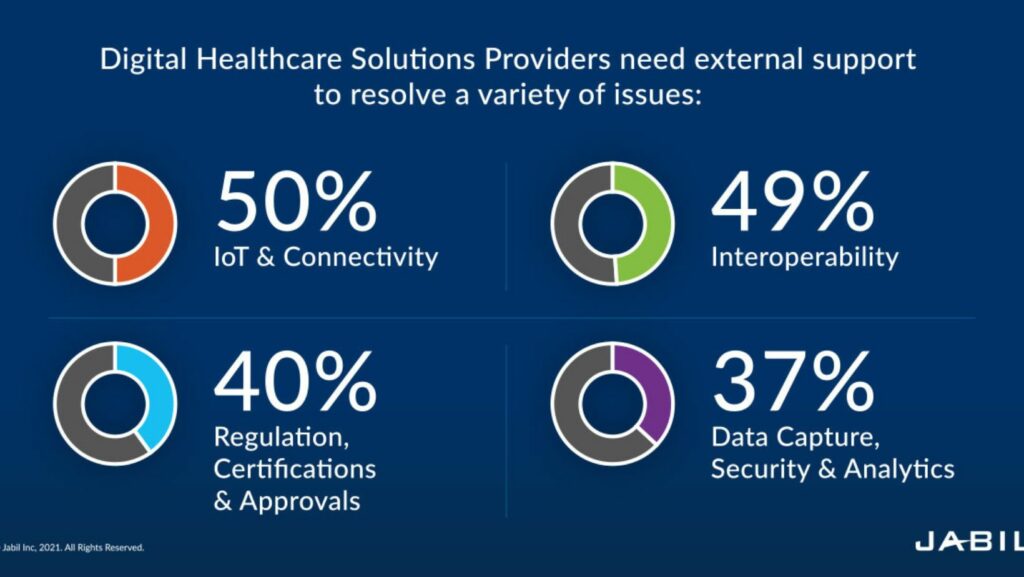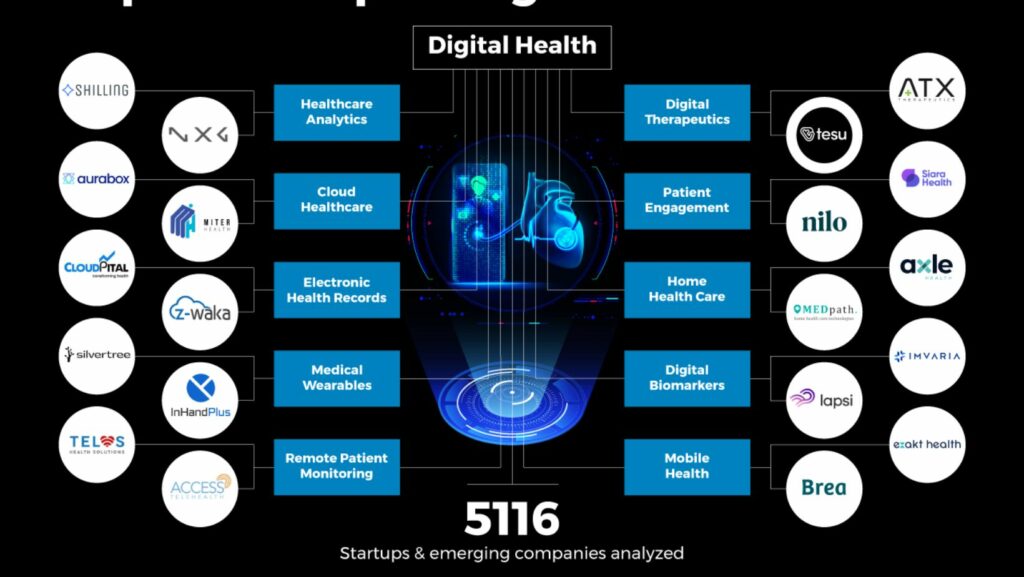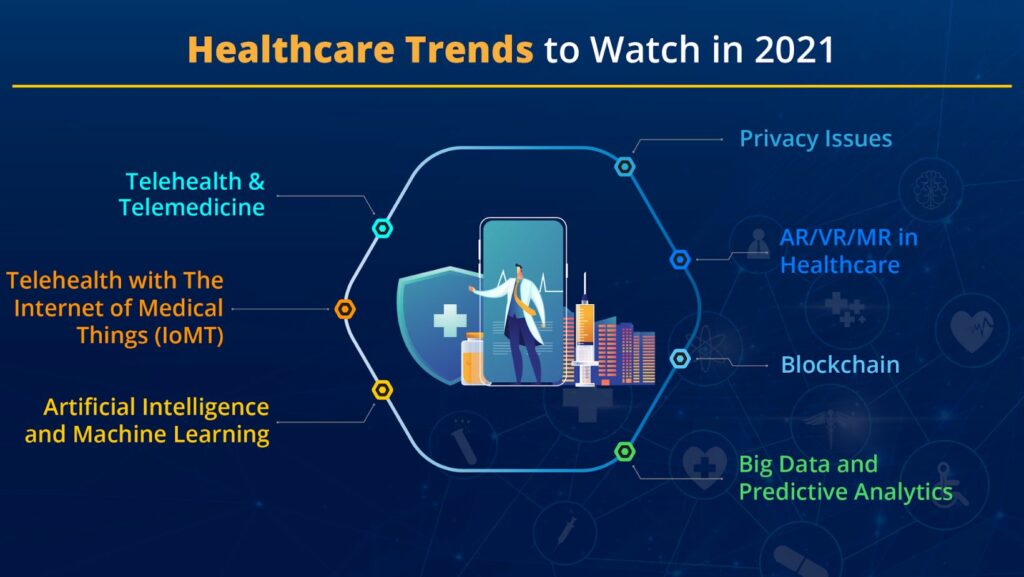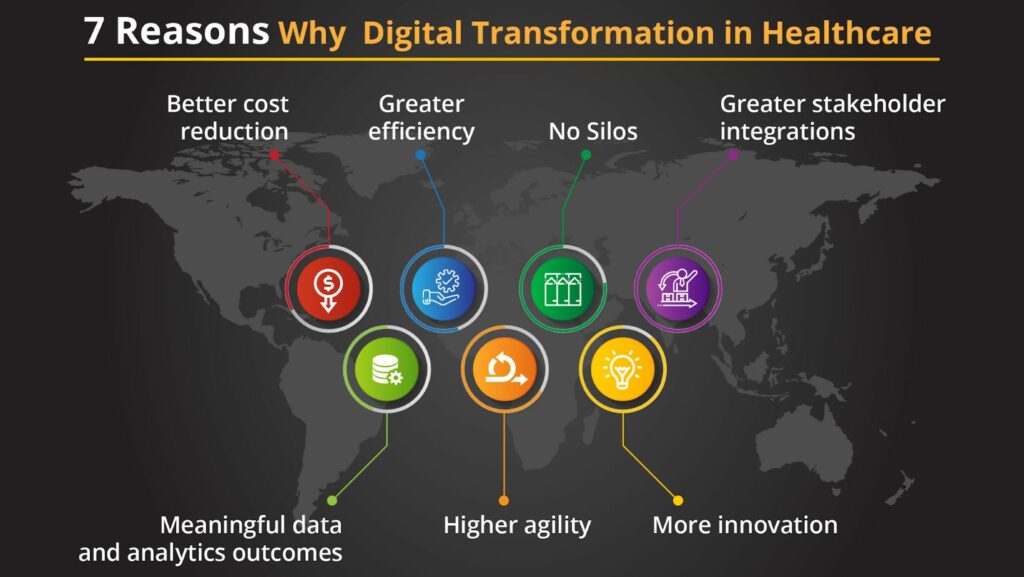Digital Healthcare Trends
As we delve into the realm of digital healthcare trends, it’s evident that technology continues to revolutionize the way we approach healthcare. From telemedicine and wearable devices to artificial intelligence and big data analytics, the landscape of healthcare is rapidly evolving. These advancements not only enhance patient care but also streamline operations for healthcare providers.

The integration of telehealth services has been particularly impactful, allowing patients to receive medical consultations remotely, improving access to care, especially in rural or underserved areas. Wearable devices that monitor vital signs and track health metrics have empowered individuals to take a proactive role in managing their well-being. Moreover, artificial intelligence applications help in diagnosing diseases more accurately and efficiently.
In this digital age, data security and privacy are crucial considerations as digital healthcare trends organizations transition to electronic health records and cloud-based systems. Ensuring compliance with regulations such as HIPAA is paramount to safeguarding sensitive patient information. As we navigate these emerging trends, understanding the intersection of technology and healthcare will be instrumental in shaping the future of medicine.
The Rise of Telemedicine
Telemedicine, the provision of healthcare remotely through telecommunications technology, has seen a significant surge in adoption over recent years. With the advancement of digital platforms and increased connectivity, individuals are now seeking medical advice and treatment without the need for traditional in-person visits.

In today’s fast-paced world, convenience plays a crucial role in decision-making processes. Telemedicine offers patients the flexibility to consult with healthcare providers from the comfort of their homes or while on the go. This accessibility is particularly beneficial for individuals with limited mobility, those residing in rural areas with restricted access to healthcare facilities, or individuals simply looking to save time.
The COVID-19 pandemic served as a catalyst for the widespread acceptance and utilization of telemedicine services. As social distancing measures were implemented globally, people turned to virtual consultations as a safe alternative to physical appointments. Healthcare providers also swiftly adapted their practices to accommodate this shift towards remote healthcare delivery.
According to recent statistics gathered by reputable sources, such as [source name], telemedicine usage skyrocketed by [percentage increase] during the peak of the pandemic. This surge not only highlights society’s growing acceptance of digital health solutions but also underscores the importance of having resilient healthcare systems that can quickly pivot during crises.
Integration of Artificial Intelligence
Artificial Intelligence (AI) is revolutionizing the landscape of digital healthcare. It’s not just a buzzword; it’s a transformative force that is reshaping how medical professionals approach diagnosis, treatment, and patient care. AI algorithms are being integrated into various healthcare systems to enhance efficiency, accuracy, and outcomes.

Improved Diagnostics
One significant area where AI is making waves is in diagnostics. AI-powered diagnostic tools can analyze vast amounts of data with incredible speed and precision. For instance, IBM’s Watson for Oncology analyzes patient data against a vast library of medical literature to recommend personalized treatment plans. This level of analysis far surpasses what a human could achieve in a reasonable time frame.
Predictive Analytics
AI enables predictive analytics that can forecast potential health issues based on individual or population data. By analyzing patterns and trends, AI models can identify high-risk patients who may require proactive interventions to prevent adverse outcomes. This proactive approach not only saves lives but also reduces healthcare costs by preventing avoidable hospitalizations.
Virtual Health Assistants
Virtual health assistants powered by AI are becoming increasingly common in the healthcare sector. These intelligent chatbots provide round-the-clock support to patients by answering queries, scheduling appointments, and offering basic medical advice. They enhance patient engagement and satisfaction while reducing the burden on healthcare staff for routine inquiries.
Precision Medicine
AI plays a crucial role in advancing precision medicine by tailoring treatments to individual genetic makeup, lifestyle factors, and environmental influences. Through machine learning algorithms, healthcare providers can deliver targeted therapies with higher efficacy rates and fewer side effects. This personalized approach represents the future of medicine, offering hope for more effective treatments across various conditions.

